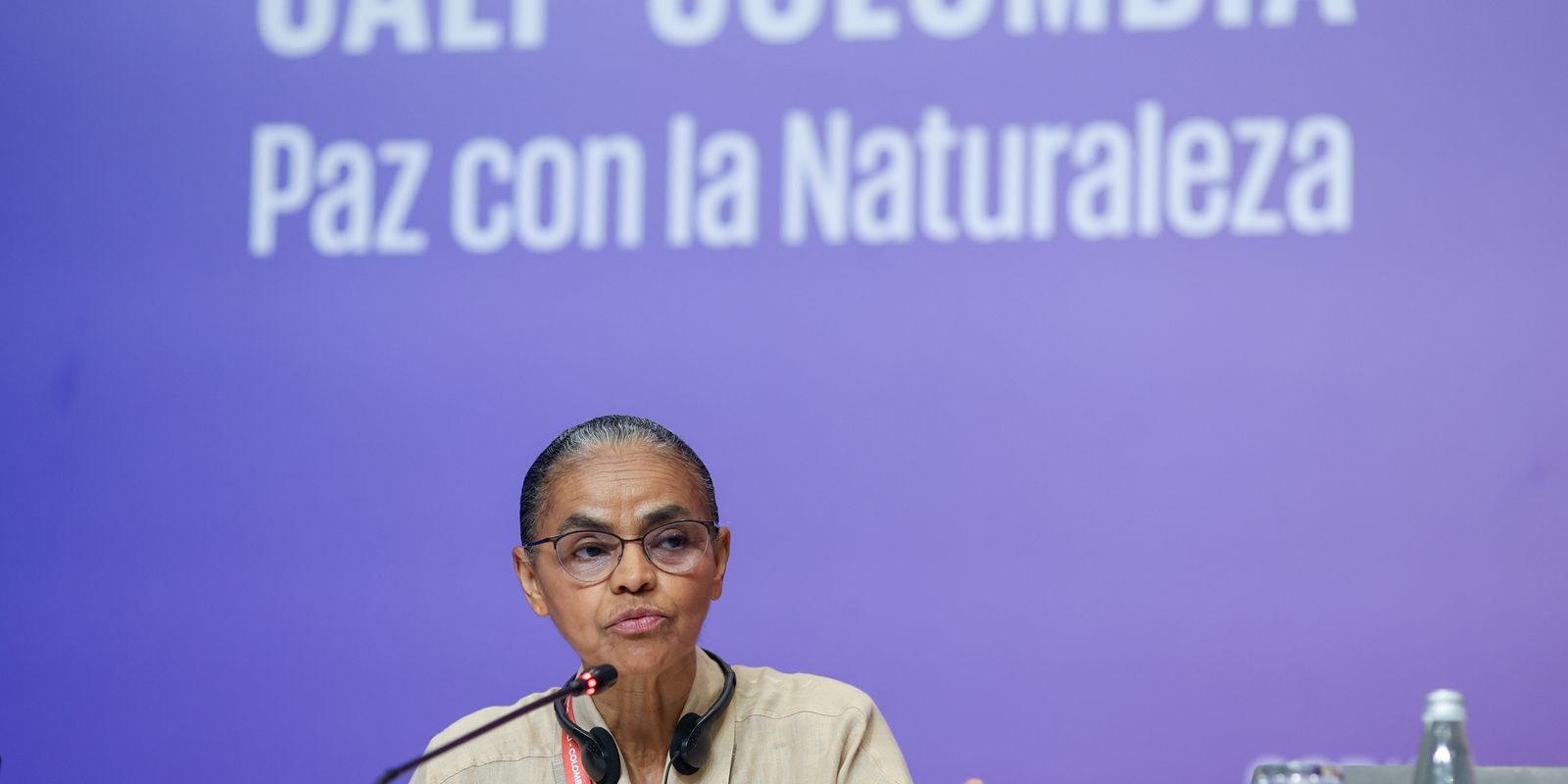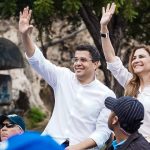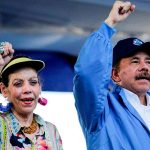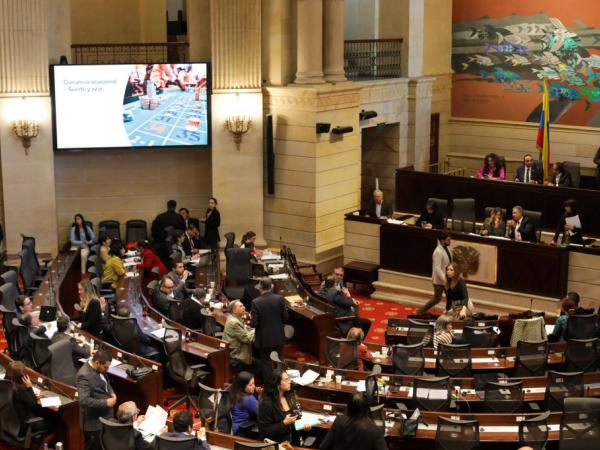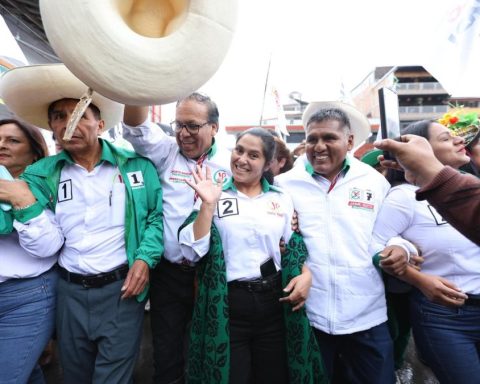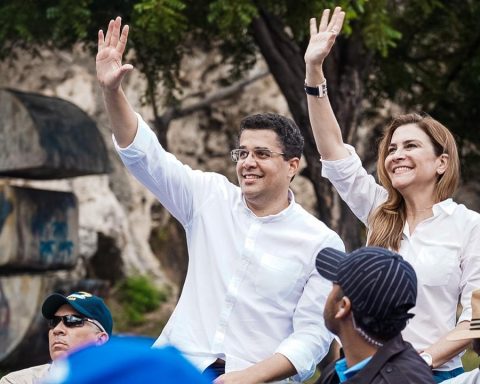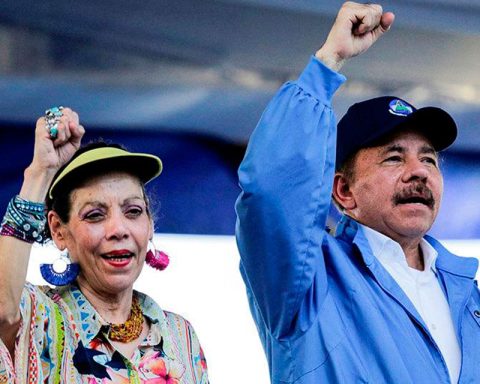The Minister of Environment and Climate Change, Marina Silva, defended this Tuesday (29) that traditional peoples must have access to resources that remunerate the protection of the planet’s biodiversity, under the terms of the implementation of the Convention on Biological Diversity (CBD ). The statement was made during a speech at the high-level segment of the United Nations Conference on Biodiversity (COP 16), taking place in Cali, Colombia.
According to the minister, the exploitation of natural heritage products and associated traditional knowledge (CTA) must be shared fairly.
“Indigenous peoples and traditional communities, which include collectives of Afro-descendant peoples, are the true guardians of our ecosystems. Therefore, they deserve more effective participation in the Convention, especially in decisions on the recognition and fair and equitable sharing of benefits derived of the use of genetic heritage. This includes the rights arising from access to digital sequence information (DSI). We need to reach an agreement on this absolutely unquestionable right at COP16”, stated the minister.
Financing the preservation of biodiversity is one of the main impasses in updating the CBD, under discussion in Colombia. To date, around 38% of the world’s tree species, totaling more than 16,400, are at risk of extinction due to logging and deforestation to make way for agriculture, mining, road construction and other actions. , according to the International Union for the Conservation of Nature and Natural Resources (IUCN).
The idea is that a DSI Fund will be implemented to protect this genetic heritage, including remuneration for forest people.
The positioning of traditional peoples is built on the basis of the Indigenous Caucus, a group of around 500 representatives of indigenous peoples and members of local community organizations from different regions of the planet, which aims to guarantee the full and effective participation of these peoples in negotiations on the CBD. In this scenario, one of the proposals is that the DSI fund ensures a third of the resources for indigenous peoples.
Another impasse is the insertion of the nomenclature of collectives of Afro-descendant peoples, which include traditional quilombola communities, in accordance with the convention. The initiative is from Colombia, and has support from the Brazilian government.
Other initiatives
In her speech at COP16, Marina Silva highlighted the country’s other initiatives, especially the Tropical Forest Finance Facility (TFFF), which aims to generate a flow of permanent financial support to tropical countries that conserve their forests, for the benefit of all humanity.
Earlier, five new countries (Germany, Colombia, United Arab Emirates, Malaysia and Norway) joined the projectwhich has been carried out by the Brazilian government in the context of the pro-tempore presidency of the G20.
“Also at the G20, Brazil promoted dialogue between Finance, Climate and Environment ministers for the first time and we adopted the 10 High-Level Principles of the Bioeconomy”, noted Marina. “To implement our goals, we have developed several initiatives, such as the ambitious National Plan for the Recovery of Native Vegetation, with 12 million hectares, and the Amazon Protected Areas Program (Arpa), which now, in a new phase, will promote inclusion socioeconomic status of local communities. We will complete our National Biodiversity Strategy (Epanb) this year”, he added.
Among the main Brazilian goals, in addition to preserving biodiversity, is the commitment made by the government to eliminate deforestation by 2030.
Biodiversity COP
The Biodiversity COP results from a United Nations treaty established during ECO-92, the United Nations Conference on Environment and Development (Cnumad), held in Rio de Janeiro, and considered one of the most important international instruments related to biodiversity. environment.
Since then, the goals have been regularly updated among UN countries. For 2023, 23 targets have been defined to halt and reverse biodiversity loss and put nature on a path to recovery for the benefit of the global population, conserving and sustainably using biodiversity and ensuring fair and equitable distribution of the benefits of use of genetic resources.
The other most important COP on the environment is Climate, whose main objective is to prevent the planet from warming, and involves a series of globally agreed goals. Climate COP29 in 2024 will be held in Baku, Arzebaijan.
Next year, COP30 will be hosted by the Brazilian government, in Belém.
